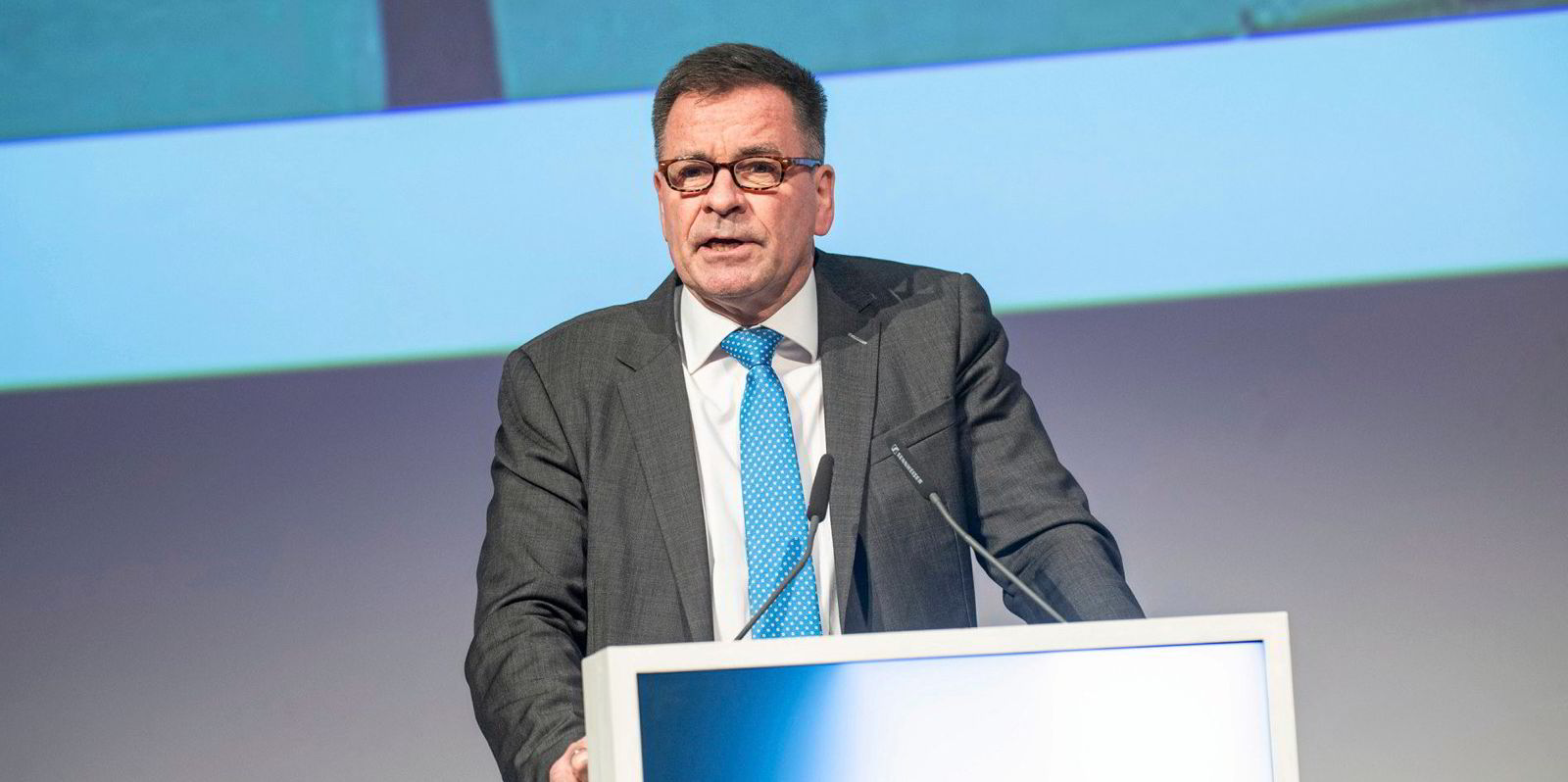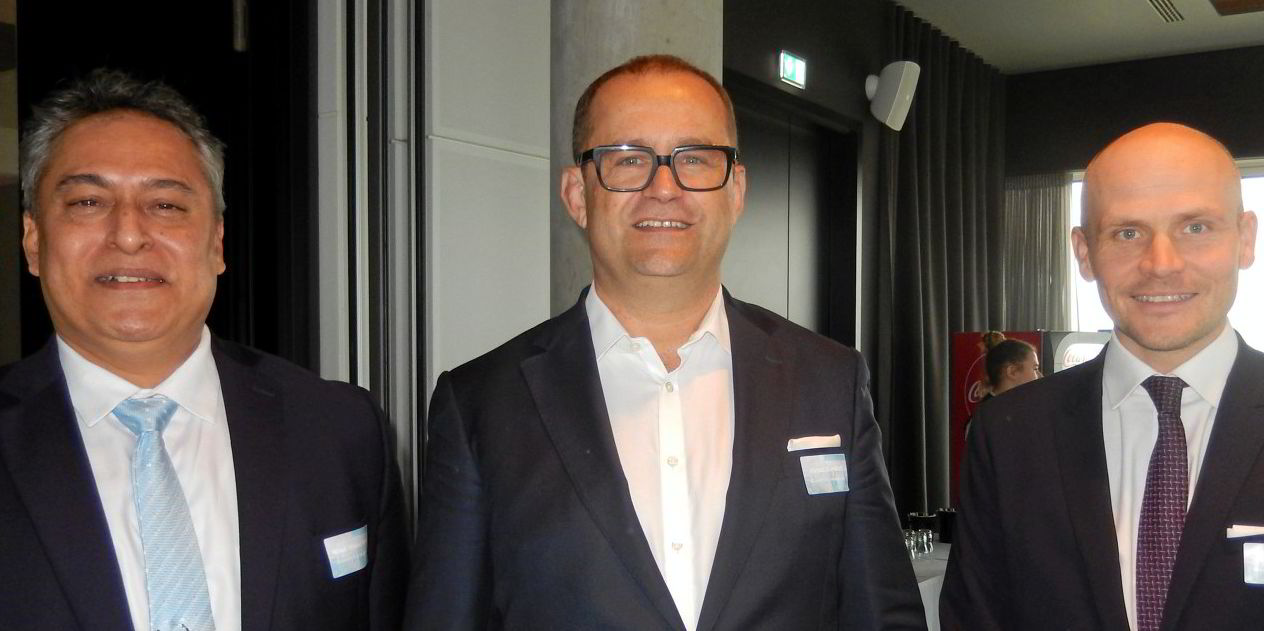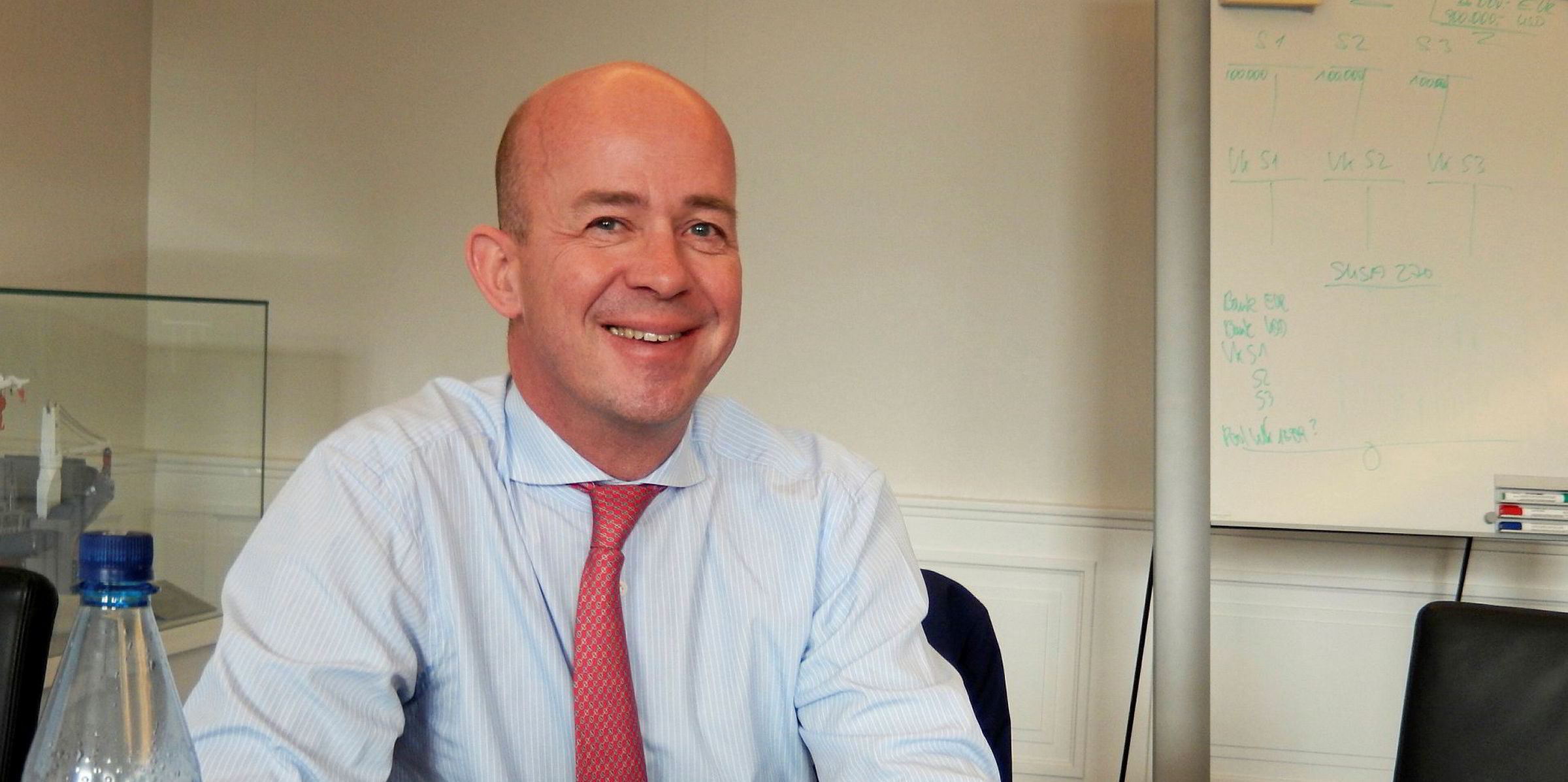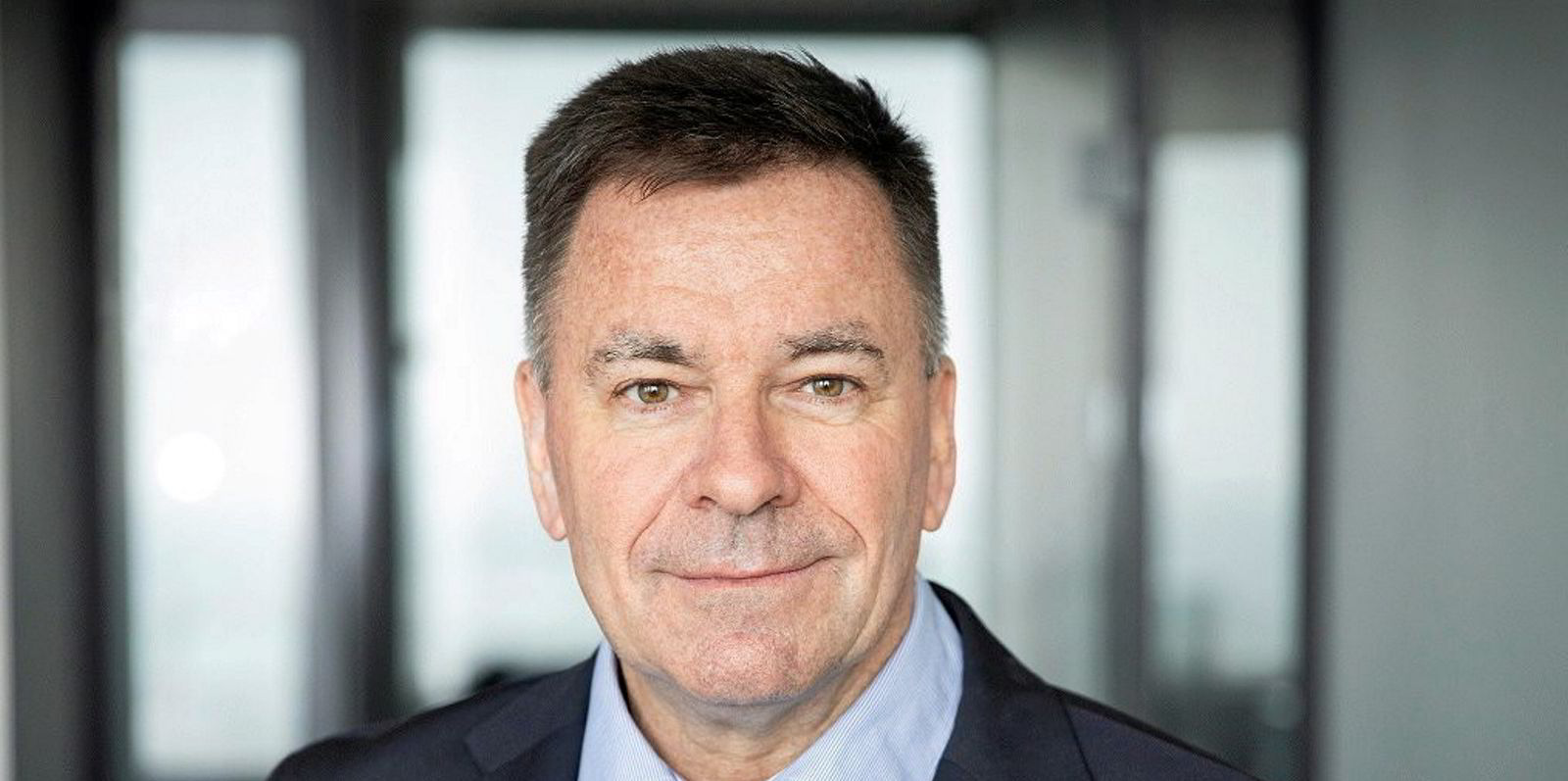Third-party ship manager Zeaborn Ship Management is targeting a fleet of 150 ships, says chief executive Michael Brandhoff.
That is down from an earlier goal of about 250 ships set under the former management.
Growing demands on ship managers have set limits to what may be the optimum size of fleet, Brandhoff said.
“We have 130 ships under management and are looking for 150 to 200 max,” he explained. Taking on more than that would make it “difficult to provide service the way we would like to provide”.
Brandhoff believes ship managers are poised to take on an important role in decarbonisation by assuming a consultancy role for shipowners.
“As we don’t own the ships, at the end of the day it’s not for us to decide what is happening on the ships,” he said.
“We are there to consult with our owners, to recommend and to give them the tools at hand — and, once they have made the decision, to support them.”
That means providing reliable data on consumption for owners to calculate emissions, he suggested.
Doubling staff
Zeaborn has been preparing for the decarbonisation challenge by taking on more staff.
“We were on that early on by doubling the size of our performance team and investing into systems and software,” Brandhoff said.
That means limits on the size of the fleet it chooses to manage.
“The way we work, in really close cooperation with the owner, demands a lot of time and understanding what is going on the ships throughout the whole management team,” he argued.
“That momentum is lost when you are [above] a certain size.”
Like most larger owners, Zeaborn’s approach is on “sound and solid service provision”.
“We are aiming for full partnership [with owners]. We have a cooperative approach, which includes a fully open-book policy.
‘Blood sport’
“It’s a super-competitive market,” added Brandhoff, who officially took on his new role at Zeaborn in January.

His predecessor, Rob Grool, described ship management “as a ‘blood sport’, and to a certain extent that’s true”.
The ship manager has diversified its operation away from its roots in container shipping into heavylifters, dry bulk and tankers.
“You have to be able to handle all the ships out there. That is why we brought in CPO Tankers,” Brandhoff noted, referring to the 2019 acquisition of CPO Tankers from the Hamburg-based Offen Group.
“This is not something you can easily build up; it’s better to acquire a well-established company.”
Zeaborn’s ship-management division was created in 2018 with the merger of ER Schiffahrt and Rickmers Shipmanagement.
Since then, the focus has been on “bringing the companies together, establishing the same spirit and culture and feeling, putting the customer first, understanding that it’s not owning ships that bring in money, but the customer with its fee”, said Brandhoff.
Zeaborn has offices in Hamburg, Singapore, Manila and Limassol, Cyprus.
Its fleet comprises oil and chemical tankers, multipurpose vessels and neo-panamax container ships, plus bulkers from handymaxes up to newcastlemaxes.






